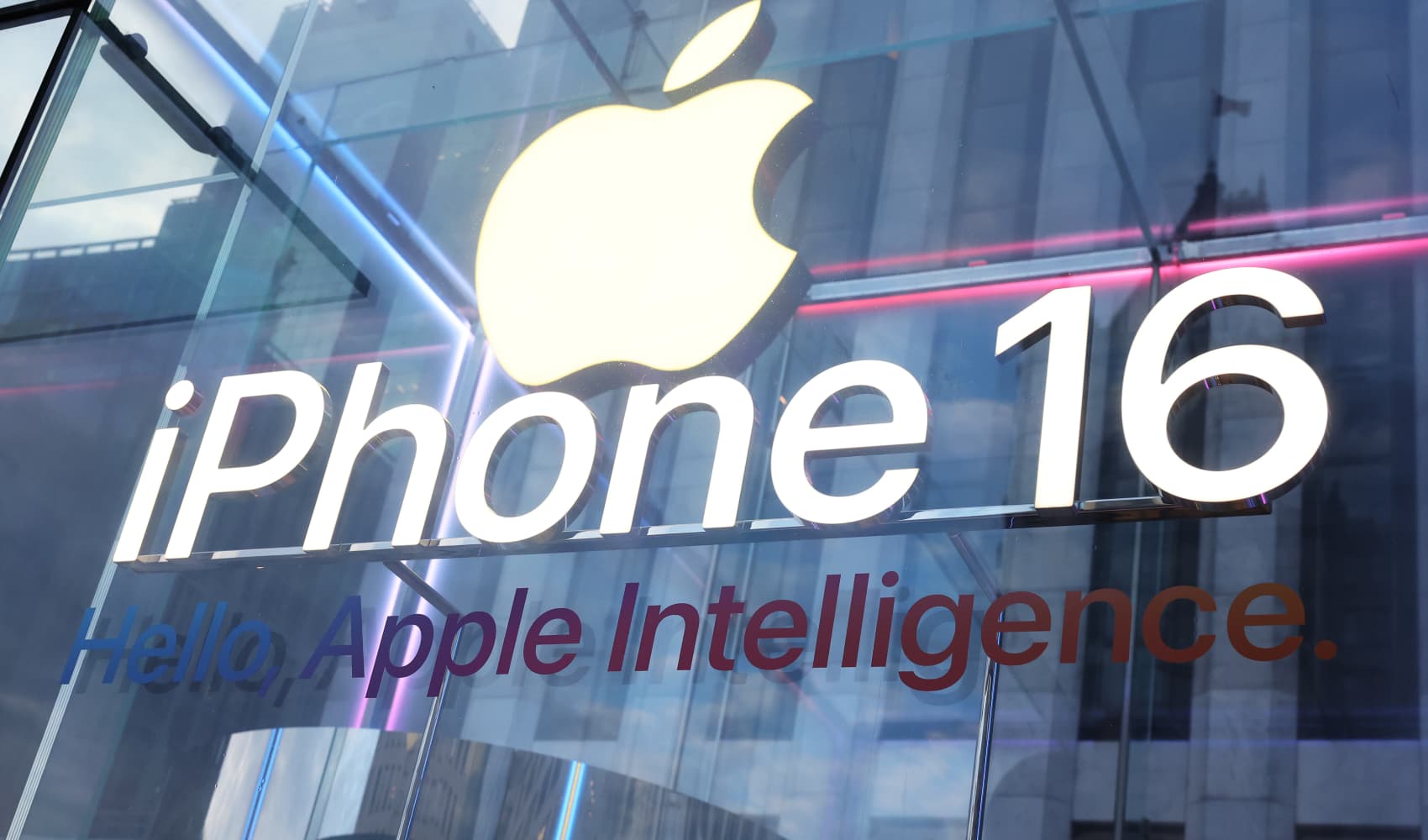
You're in a meeting when one of your white colleagues, Thomas, repeatedly mispronounces the names of two junior Asian co-workers, Chisako and Qiao Ling.
He also confuses them with each other. Qiao Ling speaks up to correct him. Instead of apologizing, Thomas laughs it off and asks Qiao Ling if she has a nickname because her real name is "too hard to remember."
As communication experts and co-authors of "Say the Right Thing," we've seen incidents like this happen all the time, yet allies often hold back from intervening.
But research suggests that allies are often taken more seriously — and penalized less — than the affected people when they challenge non-inclusive behavior.
Allyship involves three parties
Many people think of allyship as a two-way relationship between the ally ("I saw it") and the affected person ("It happened to me").
But there's a third party involved in most of these situations: the source of non-inclusive behavior ("I did it").
Money Report
To be a strong ally, you must consider all three parties. Then, take these three steps:
Step 1: Reflect on your own role.
Feeling out of the loop? We'll catch you up on the Chicago news you need to know. Sign up for the weekly Chicago Catch-Up newsletter.
Think about your own motivations and knowledge. Are you trying to impress your Asian colleagues, or swoop in as a savior? These are unhelpful motivations that often backfire.
A more sustainable one is to create a inclusive culture. To test your motivations, simply ask: Am I making this more about myself than about the people I'm trying to help?
Then, consider whether you're informed enough to act. You don't have to be an expert on anti-Asian bias to realize that confusing Asian people with each other reinforces the stereotype that they all look alike, and that refusing to learn someone's name compounds the injury.
Step 2: Help the affected person as they want to be helped.
Rather than treating the affected person as you would wish to be treated, help them as they would wish to be helped. We call this the "Platinum Rule."
The dilemma is that Chisako and Qiao Ling may not want you to derail the meeting with a discussion about bias. It may also be uncomfortable to ask their preferences with Thomas present.
This leaves you with two options. You could approach them after the meeting and ask for their guidance on how you might intervene with Thomas in the future.
Or, you could speak up during the meeting, being careful not to draw the affected people into the conversation. Instead of, "Imagine how Chisako and Qiao Ling must feel," try: "I think we should all make an effort to learn each other's names."
Step 3: Be generous to the source.
Lastly, consider being an ally not just to Chisako and Qiao Ling, but also to Thomas, the source of non-inclusive behavior.
Unless a source's behavior is egregious or they've rebuffed your previous attempts at allyship, we urge you to display generosity, giving them the tools to grow past their mistake.
For starters, that means separating the behavior from the person. Rather than assuming malicious intent, you might affirm Thomas as a person while focusing on his actions: "I know you're an inclusive guy, which is why what you just said surprised me."
It's critical to show that you're learning, too. If you act like a moral paragon, research on so-called "do-gooder derogation" suggests Thomas will dismiss what you have to say. But if you act like a flawed peer, he's more likely to listen to you.
Try approaching him privately: "I think what you did had a negative impact on Chisako and Qiao Ling, but last month I did something similar and here's how I recovered. I'm sure I'll mess up again, and when that happens, I hope you'll come to me as well."
How to put it all together
Going through each point in the triangle won't guarantee positive outcomes in all allyship conversations — the proper approach to any dialogue is always some shade of "it depends."
But if you reflect on your role and are generous to the source, you'll actually make a difference in the quality of your conversations.
And when you make a mistake, as we all do, think of allyship like learning a language. You won't always get it right, and you may never achieve native-level fluency, but you'll get better with practice.
David Glasgow is the founding executive director of the Meltzer Center for Diversity, Inclusion, and Belonging, an adjunct professor at New York University School of Law, and co-author of the book "Say the Right Thing: How to Talk about Identity, Diversity, and Justice." David graduated with a BA in philosophy from the University of Melbourne, Australia. Follow him on Twitter.
Kenji Yoshino is the Chief Justice Earl Warren Professor of Constitutional Law at NYU School of Law and the Director of the Center for Diversity, Inclusion and Belonging and co-author of "Say the Right Thing." A graduate of Harvard, Oxford and Yale, he specializes in constitutional and anti-discrimination laws. Yoshino has published in major academic journals, including the Harvard Law Review, the Stanford Law Review, and the Yale Law Journal. Follow him on Twitter.
Don't miss:
- Stop asking 'how are you?' Harvard researchers say this is what successful people do when making small talk
- A psychology expert shares the 7 toxic signs of 'highly insecure' people—and how to deal with them
- People who are good at small talk always avoid these 7 mistakes, says public speaking expert
Want to be smarter and more successful with your money, work & life? Sign up for our new newsletter here
Get CNBC's free report, 11 Ways to Tell if We're in a Recession, where Kelly Evans reviews the top indicators that a recession is coming or has already begun.






